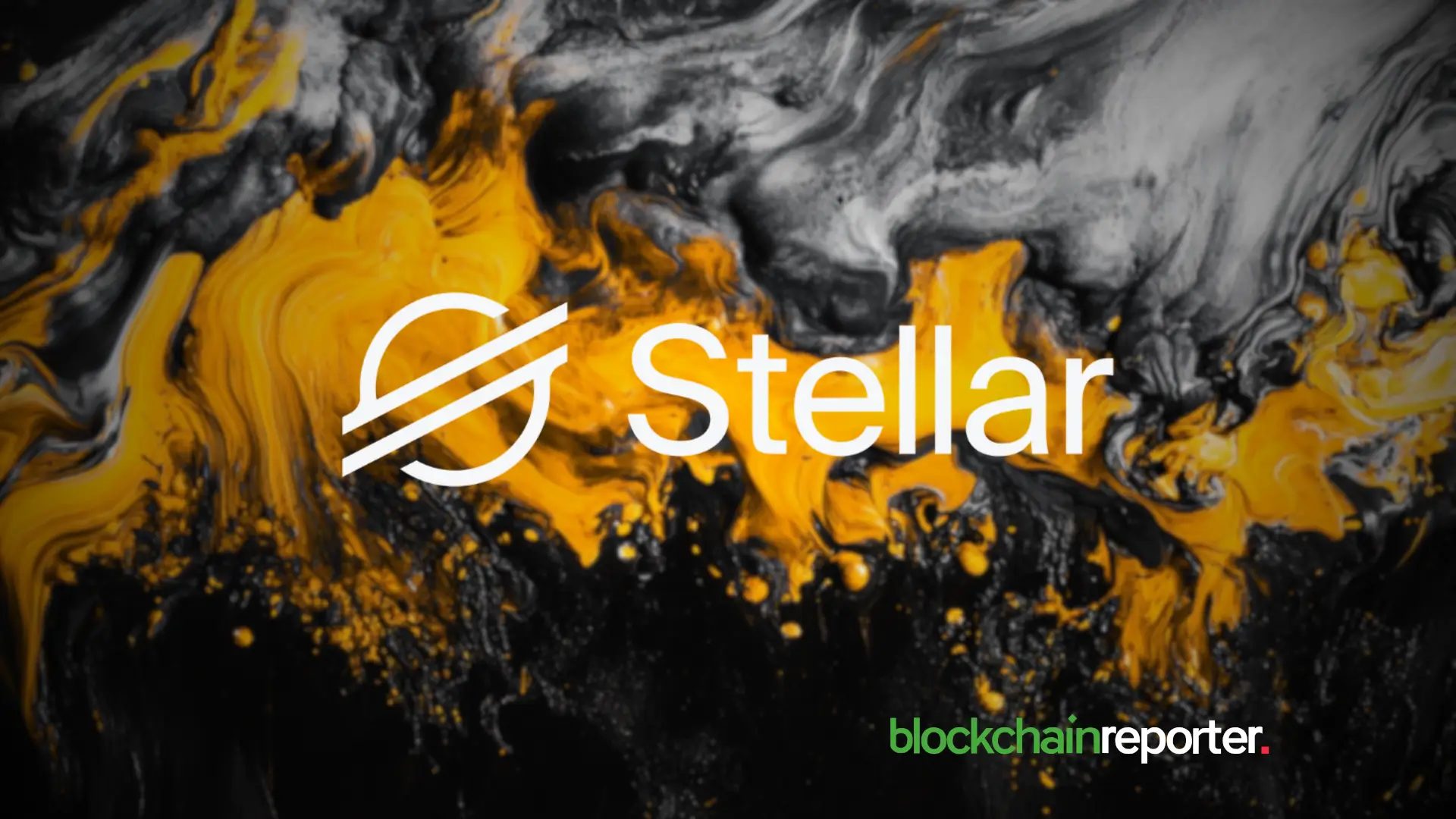
Aave and Cardano have long been symbols of decentralized finance maturity, representing liquidity efficiency and blockchain precision. Yet, as DeFi approaches another major transformation, both face a new kind of competitor: Zero Knowledge Proof (ZKP), a network constructed around privacy-first computation and instant utility.
While Aave’s lending power and Cardano’s methodical scaling define traditional DeFi, Zero Knowledge Proof (ZKP) redefines it entirely. Designed for immediate use the moment its Initial Coin Auction (ICA) opens, ZKP blends decentralized AI compute with verifiable economics. This positions it not as an alternative, but as the next step for a sector seeking real-world, scalable applications.
Aave (AAVE): The DeFi Workhorse Confronts Saturation
Aave remains one of DeFi’s cornerstones, with its lending and borrowing protocol evolving from simple liquidity pools to sophisticated financial primitives. Between January 2024 and November 2025, AAVE rose from $82 to $134, a 63% increase driven by developments like the GHO stablecoin and v4 liquidity tools. Yet, this momentum has slowed. Despite these upgrades, Aave’s total value locked (TVL) plateaued in Q3 2025, suggesting that the protocol’s growth may have reached its structural ceiling in a crowded DeFi arena.
From a technical analysis standpoint, Aave still signals long-term potential through its consistent liquidity depth and robust governance model. However, most of its development now revolves around incremental optimizations, improving capital efficiency rather than expanding into new domains. The challenge for Aave is that while its fundamentals remain solid, its next leap forward requires more than better lending rates. The DeFi community increasingly wants infrastructure that connects financial systems to real-world computation, and Aave’s purely financial model limits that crossover.
Cardano (ADA): Constructing Carefully, Expanding Slowly
Cardano has always positioned itself as a long-game protocol, focused on academic rigor and methodical progress. From $0.28 in January 2024 to $0.42 in November 2025, ADA has appreciated by about 50%. This growth coincides with the rollout of sidechains and community-driven governance, as Cardano expands beyond its foundational phase. These updates have strengthened its ecosystem reliability and reduced fragmentation across dApp deployments.

Still, Cardano’s slow, deliberate evolution has attracted criticism. Developers often highlight the limited traction of on-chain applications despite their strong architecture. The network’s strength lies in theory, robust research, peer-reviewed consensus, and predictable execution, but its weakness lies in adoption speed. As the DeFi sector accelerates toward immediate utility and real-time value generation, Cardano risks lagging behind networks that are faster to deploy practical products.
In terms of potential, Cardano’s upcoming governance upgrades could enhance participation and make development more agile. Yet, for retail and institutional participants seeking daily engagement, its ecosystem remains too slow-moving to capture momentum-driven users looking for the next crypto to explode.
Zero Knowledge Proof (ZKP): Genuine Compute, Genuine Rewards, Real-Time Utility
Zero Knowledge Proof (ZKP) redefines DeFi by anchoring its ecosystem to verifiable compute power rather than passive yield or speculative staking. When the Initial Coin Auction (ICA) launches on Day 1 of the presale, contributors immediately access a fully operational network including auction-based coin distribution, functional Proof Pods performing decentralized AI computation, and a live transparency dashboard tracking all network activity.
Unlike traditional DeFi projects requiring weeks or months before features activate, ZKP eliminates waiting periods entirely. The system distributes 200 million ZKP coins daily through an on-chain auction where participants earn proportional allocations based on contributions. These coins instantly power Proof Pods or enhance validator performance, merging DeFi with AI compute through speed, verifiability, and user sovereignty.
Proof Pods, priced at $249, form the network’s foundation. Each activated Pod executes genuine AI workloads, generating zero-knowledge proofs that validate tasks without exposing private data. Pods earn ZKP coins for completed computations, with rewards dynamically priced against previous auction results. The 300-level system scales earning potential from approximately $1 to $300 worth of ZKP daily once presale begins.
ZKP distinguishes itself through fair daily on-chain auctions without private rounds, real-time verifiable compute, and privacy-first architecture. Every coin and device strengthens a decentralized AI computation backbone.
Currently, ZKP remains inactive. All systems activate on presale Day 1, but the whitelist is open now with limited slots available for early supporters seeking exclusive access to 2025’s most utility-driven crypto ecosystem.
Final Perspective
Aave and Cardano remain vital to the DeFi foundation, yet both continue to rely on cycles of upgrades, governance votes, and gradual adoption. Zero Knowledge Proof (ZKP) adopts a radically different approach, one constructed for instant utility and verifiable results. When its ICA opens, everything activates at once: coin distribution, Proof Pods, and reward generation, all operating on-chain from day one.
This shift moves DeFi beyond passive staking and into active, privacy-secured computation powered by users themselves. For those seeking the next crypto to explode , the Zero Knowledge Proof (ZKP) whitelist is open now, offering early access to what could redefine decentralized finance entirely.
Find Out More About Zero Knowledge Proof (ZKP):
Website:
zkp.com
This article is not intended as financial advice. Educational purposes only.





